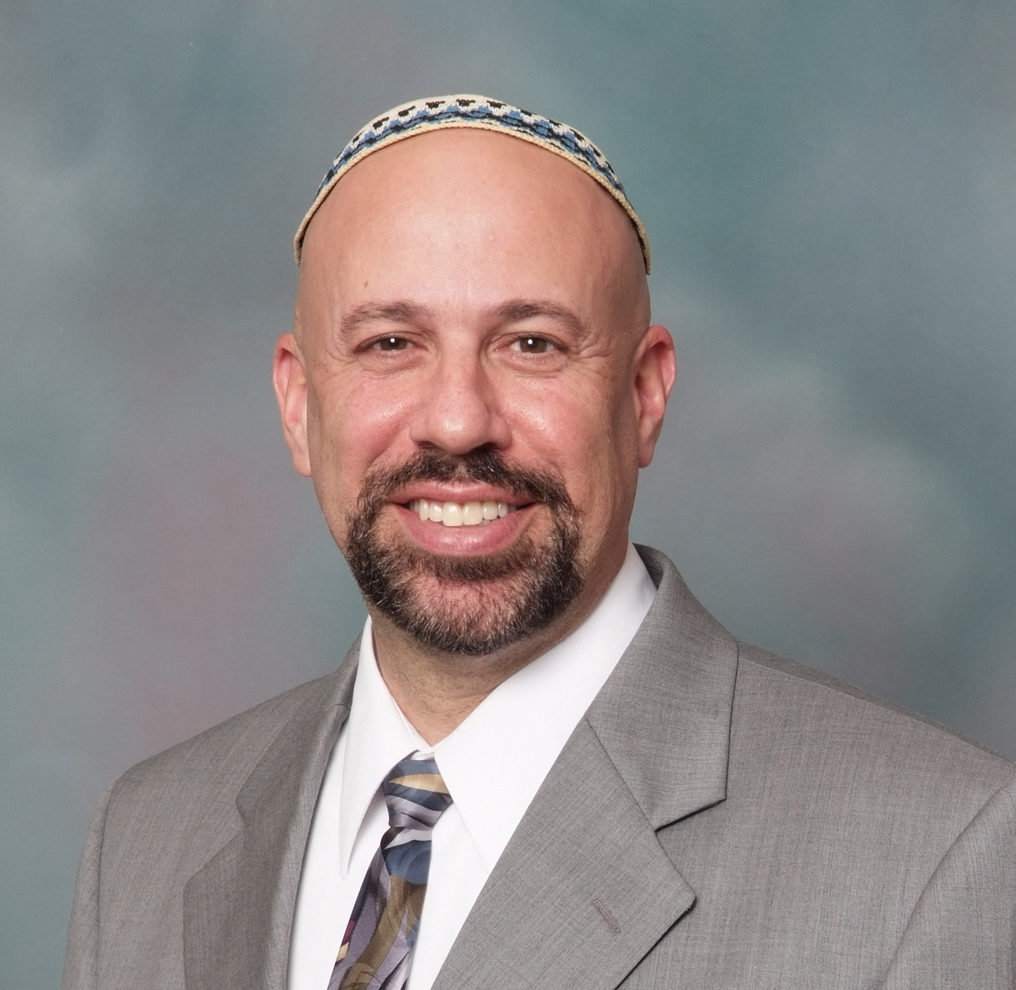Is Edward Snowden a hero or a villain? A patriot or a traitor? An activist or a snitch?
Whatever our judgment, it is hard to argue that Snowden didn’t blow the whistle in a big way. (He reportedly came in #2 to Pope Francis as Time Magazine’s Person of the Year.) The term “whistleblower” is attributed to Ralph Nader in the 1970’s. But recognition of the special (and controversial) status of such individuals who expose internal misconduct goes all the way back to the beginning of our republic. In 1778, the Continental Congress enacted a special law to protect two activist citizens against a libel suit by the commander-in-chief of the Navy.
In this week’s Torah portion (Sh’lach Lecha), we arguably have the first whistleblower. Caleb stands against the misconduct of his fellow spies, who he believes have given an exaggerated, inaccurate and excessively pessimistic report of their foray into the Promised Land. Caleb is well aware that the misuse of language and distortion of the truth can have grave consequences. He and Joshua are fearful that the gloom and doom assessment of their fellows will have devastating effect on the morale of the community. Those fears are realized when near pandemonium and full scale rebellion against Moses and Aaron ensue.
When the “official” account emerges from the tribal leaders, Caleb first tries to calm the people (Num. 13:30), and then is compelled to rebut his fellows and exhort the community (14:6). For his brave stand against the establishment, Caleb is described as “My servant” and imbued with a “different spirit” (14:24). Caleb’s courage and loyalty are praised, and his reward will be substantial— of the Exodus generation, only he and Joshua will enter the Promised Land.
The Hebrew “ruach acheret” was originally translated as “another spirit” (OJPS). This rendering seems to follow Rashi, who makes the intriguing comment that Caleb had to let his heart (which knew the truth) overrule his head (which wanted to play along with the other spies). The more recent translation of “different spirit” (NJPS) is more in accordance with Ibn Ezra, who emphasizes the contrarian nature of Caleb against the majority.
We, who seek to journey on to a better place, sometimes have to blow the whistle to get there. Often we need to first combat self-doubt: are we strong enough to take on the challenge? Can we then withstand the skepticism or outright antagonism of others? Like Caleb we need to summon that added spirit of courage and conviction to stand up. Then we need to summon that different spirit of determination to stand out.
The Torah teaches that this spirit is what merits that all too rare designation of becoming God’s servant. While two other classic commentators, Kimhi and Abarbanel, take pains to point out that Caleb’s spirit was special but not prophetic, I’m not so sure. The whistleblowing prophets tapped the same reservoir of fortitude and resolve as Caleb. As children of the prophets, our charge is the same. It takes a different spirit to swim against the tide, to challenge injustice, to bring ourselves and our community one step closer to the land of promise.
Barry L. Schwartz is director of The Jewish Publication Society in Philadelphia and rabbi of Congregation Adas Emuno in Leonia, NJ. He is the author, most recently, of Judaism’s Great Debates: Timeless Controversies from Abraham to Herzl (2012).

